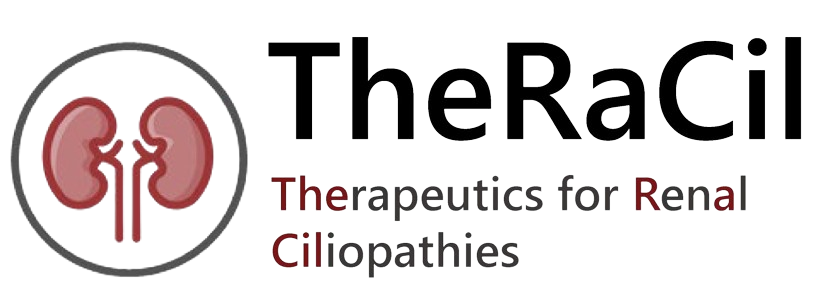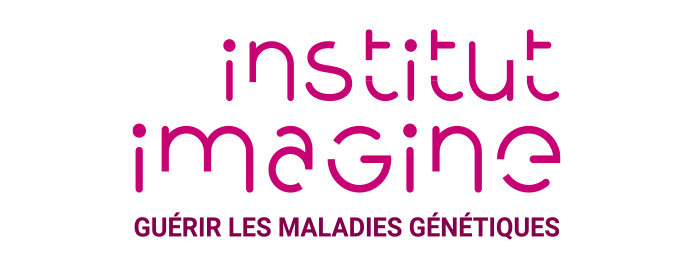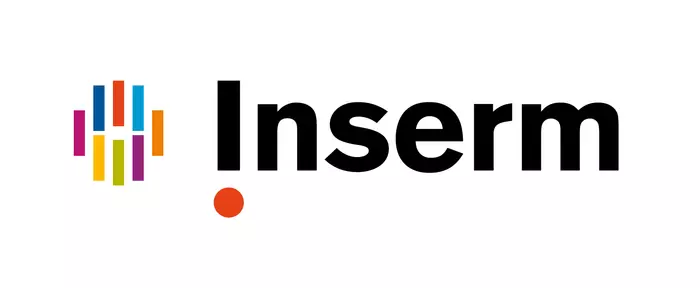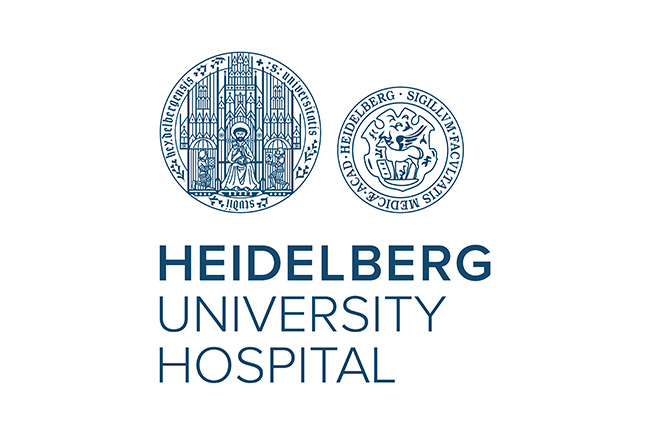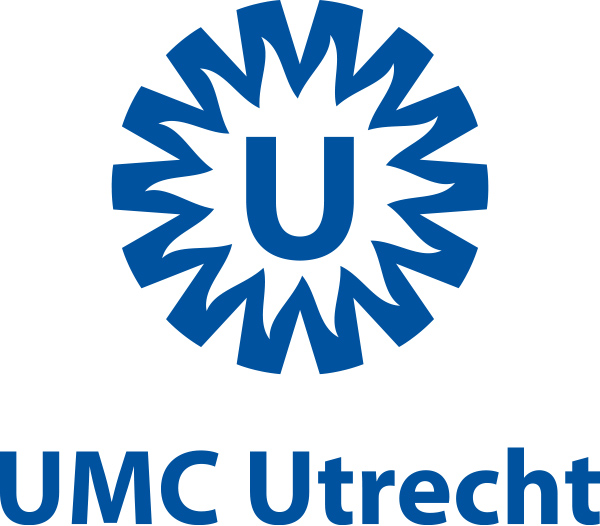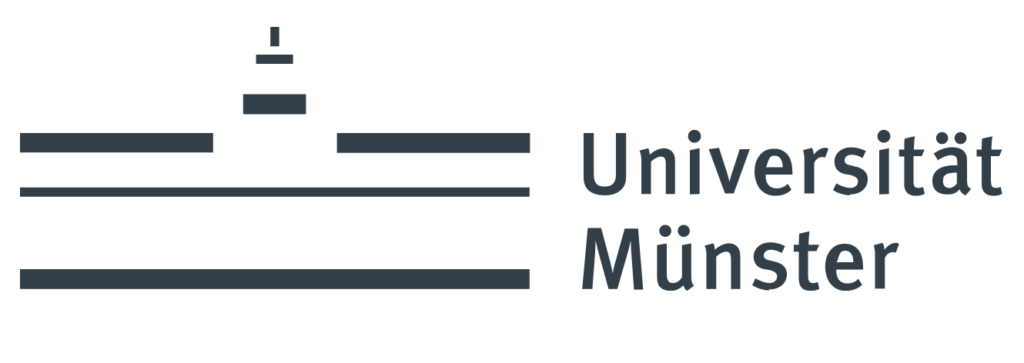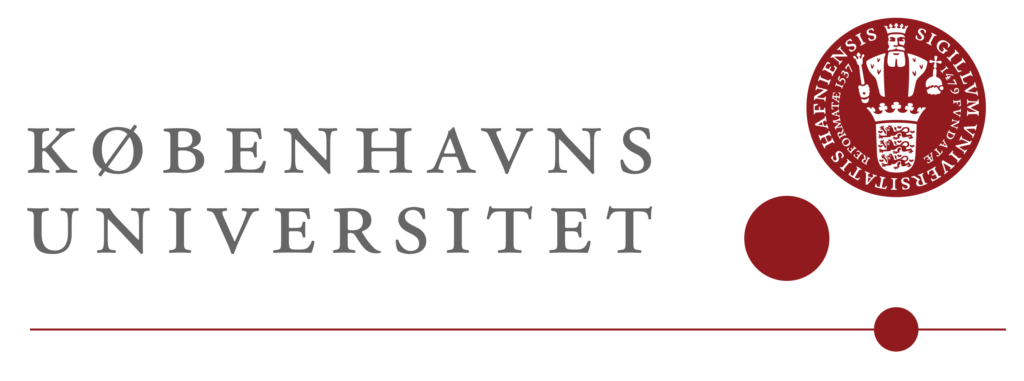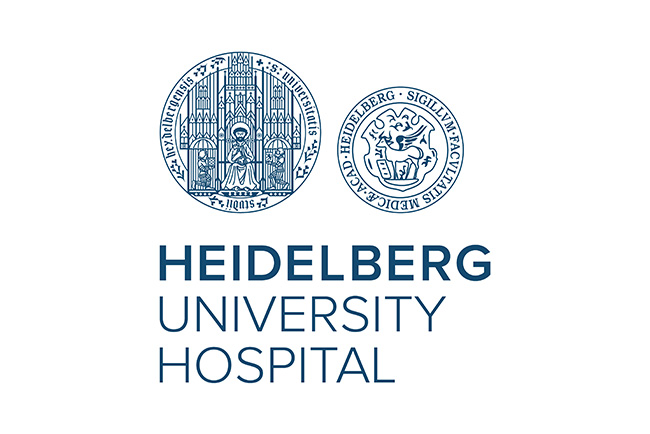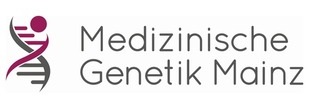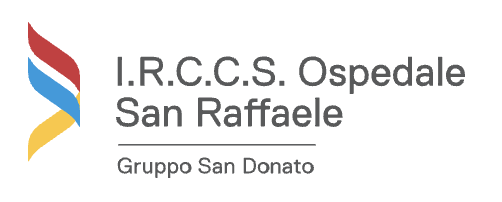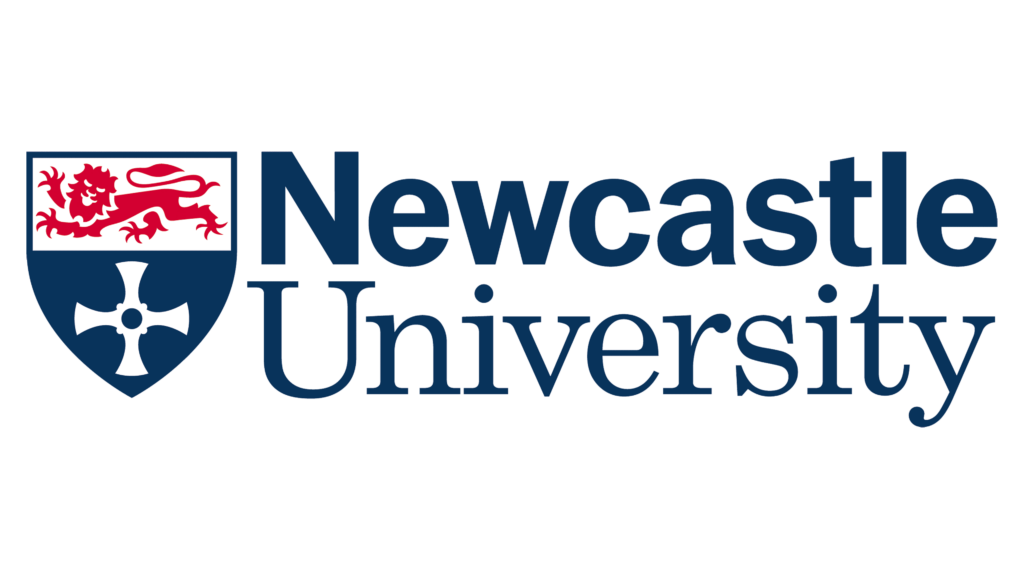Institut IMAGINE
Located on the campus of the Necker-Enfants malades hospital, the Institut Imagine is a world leader in research, care and teaching on genetic diseases. Its unique architecture, designed by Jean Nouvel and Bernard Valéro, brings together 1,000 researchers, physicians, teacher-researchers, engineers and health care personnel in a single location to work with patients, with the ambition of accelerating research and diagnosis and therapeutic innovation to change the lives of families affected by genetic diseases. The Institut Imagine has been certified “Institut hospitalo universitaire” (IHU), in 2011 and 2019 and a “Institut Carnot”, in 2020. It is supported by six founding members, including AP-HP, Inserm and Université Paris Cité, as well as by private partners and patrons. Every day in France, 64 babies are born with a genetic disease. Nearly 8,000 genetic diseases affect more than 3 million people, of which nearly one in two is undiagnosed and more than 8 in 10 have no dedicated treatment. Faced with this public health emergency, the challenge is twofold: to diagnose and to cure.
Researchers and staff implicated in the project: Alexandre Benmerah, Amandine Viau, Guillaume Rocha, Lucie Menguy, Damelys Calderon, Fabienne Jabot-Hanin (Bioinformatics Platform), Andrei Kiselev, Marie Morel, Johanna Nunez Ordonez, Zuzanna Piwkowska
Data Manager implicated in the project: Olha Sobetska
Researcher implicated in the project: Xiaoyi Chen, Xiaomeng Wang
France Partners